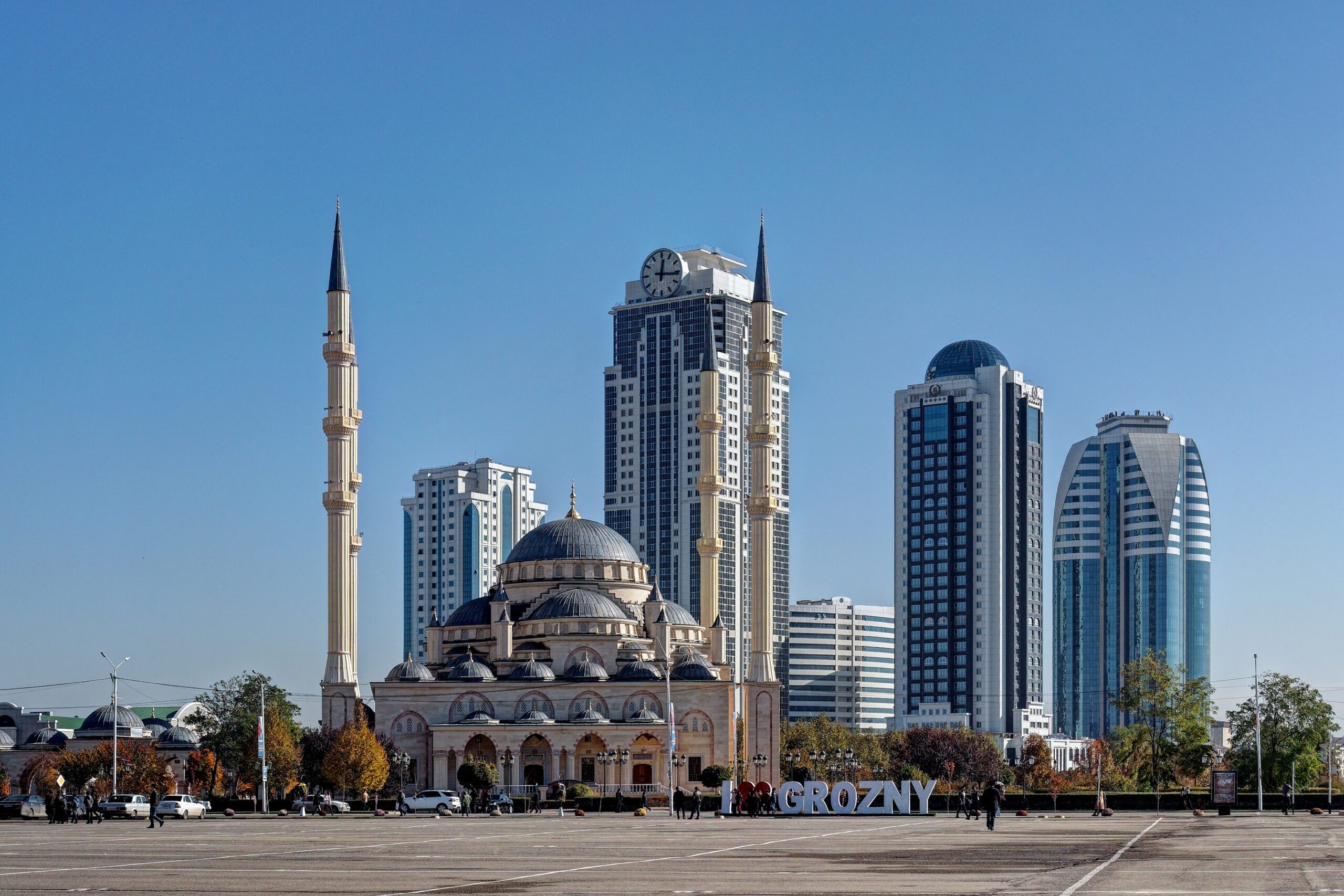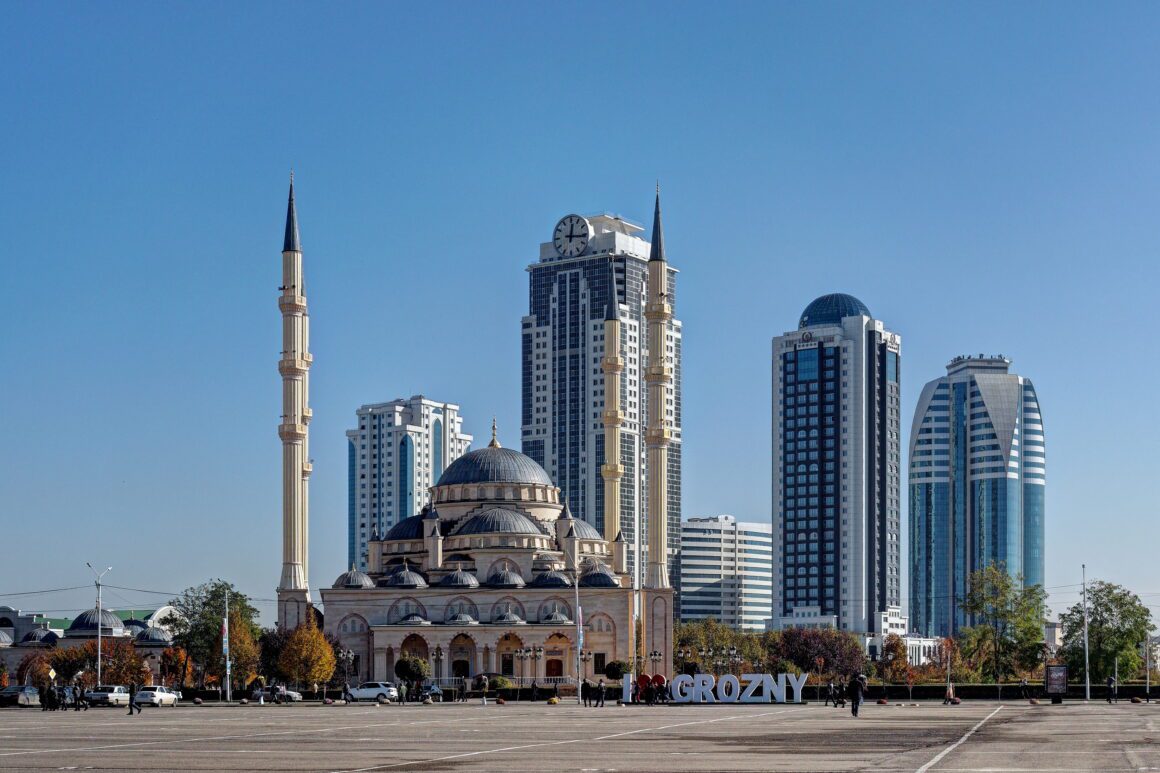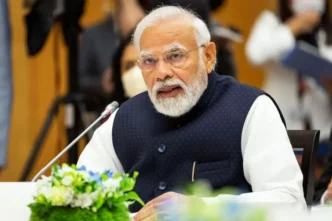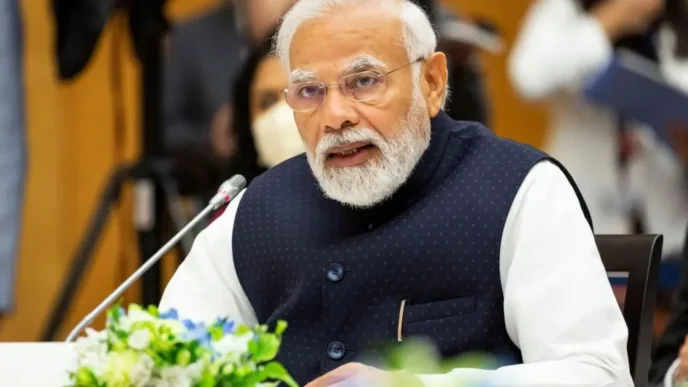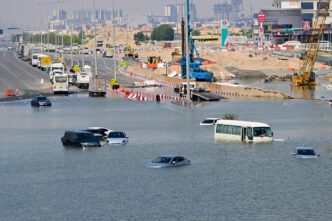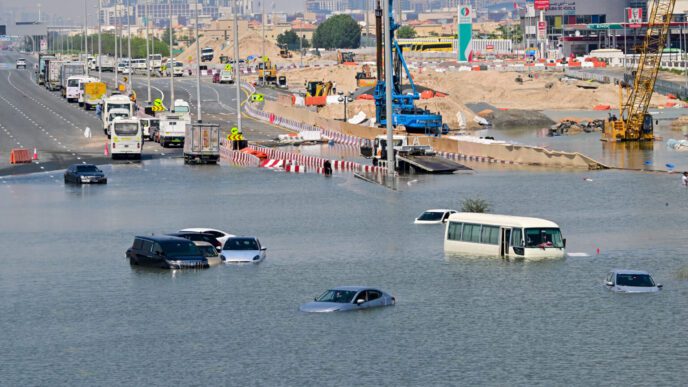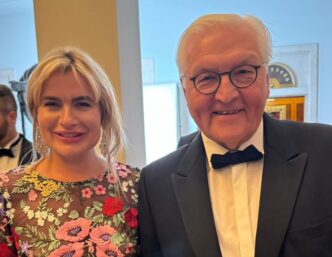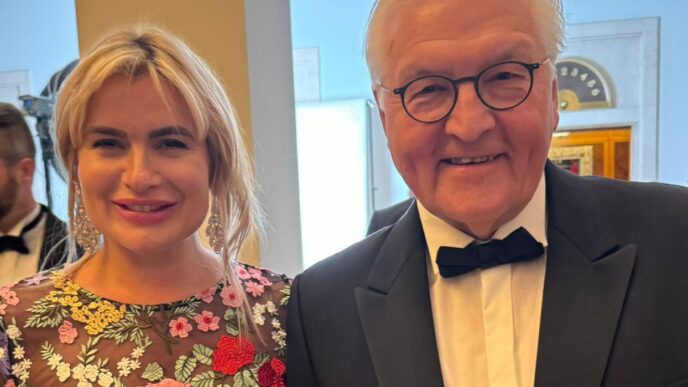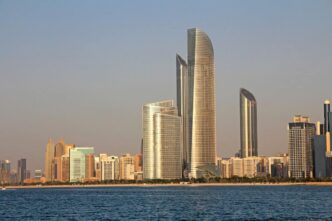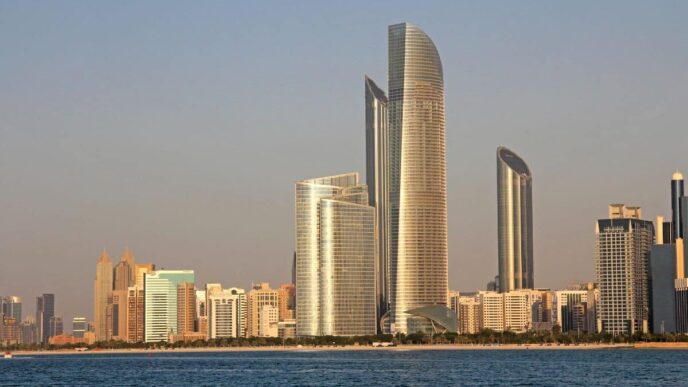In 2024, Grozny will be at the forefront of global discourse as it hosts the esteemed “Spiritual Leadership and Creative Economy” international forum. This event is set against Grozny’s storied backdrop, a city that embodies the significant transformations of modern Russia and serves as a beacon of its unique civilizational identity.
The forum, an initiative of the BRICS Cultural Media Forum (BCMF), is anticipated to catalyze a new epoch in human development, considering the strategic timing and location of this convergence. It arrives at a time when the world grapples with acute challenges such as extremism and terrorism, which are reshaping geopolitical and macroeconomic landscapes.
2024 is laden with pivotal global events, including the UN “Summit of the Future,” the Summer Olympic Games in Paris, and the extensive “Eurasian Women’s Forum” in St. Petersburg. Amidst these, Russia’s presidency of the Commonwealth of Independent States and BRICS features prominently, with a focus on “Strengthening Multilateralism for Equitable Global Development and Security.” The inclusion of new BRICS members— the United Arab Emirates, Saudi Arabia, Ethiopia, Egypt, and Iran—enhances the Islamic world’s role in contemporary history, promising deeper civilizational dialogue and cooperation.
The Grozny forum is poised to explore crucial intersections between spiritual foundations and the economic strategies shaping tomorrow’s economy, particularly through creativity and intellectual innovation. This setting is increasingly relevant as Islamic nations become more influential on the international stage, underscoring the forum’s significance as a platform for progressive international collaboration.
Reflecting on historical precedents, the forum underscores the proposal to reinstate the Russian-Islamic Fund for Reconstruction and Development, originally established in 2005. This fund is seen as a vehicle for impactful economic and cultural initiatives that are responsive to the dynamic shifts occurring worldwide. Historically, political and economic systems anchored in strong spiritual values have proven to be the most resilient.
This transformative era also highlights the evolving concept of “World Identities” in political science, which differentiates between weaker “clubs”—including various ideological orders and institutions like the UN and NATO—and stronger “networks” that embody religious and ethnocultural bonds, as exemplified by the Islamic world.
Proposals to rejuvenate the Russian-Islamic Fund also align with global financial strategies, particularly addressing the “Global Aggregate Debt” which now surpasses 300 trillion US dollars. This initiative echoes the historical ethos of the “Sofia Club,” which advocates for global debt reduction to mitigate economic discrepancies that can lead to conflicts.
Additionally, the forum is expected to launch initiatives for annual conferences under the banner of “Global Innovative Cooperation” in Islamic, CIS, and SCO countries, alongside the “World Educational Forum.” These platforms are designed to affirm that genuine Islam promotes enlightenment and harmony, countering misconceptions while fostering international educational partnerships.
The Chechen Republic’s leadership is prepared to introduce and champion these innovative and global strategies, potentially establishing Grozny as a “Creative Hub” that integrates diverse historical and cultural narratives. The proposed “From Pole to Pole” program in 2025 aims to symbolically link communities across Islamic states, CIS countries, and SCO countries through a series of culturally unifying events, culminating near Mount Everest.
The “Spiritual Leadership and Creative Economy” forum in Grozny thus stands as a pivotal event, intertwining spiritual heritage with forward-looking economic policies to forge pathways for collaborative global advancement.

